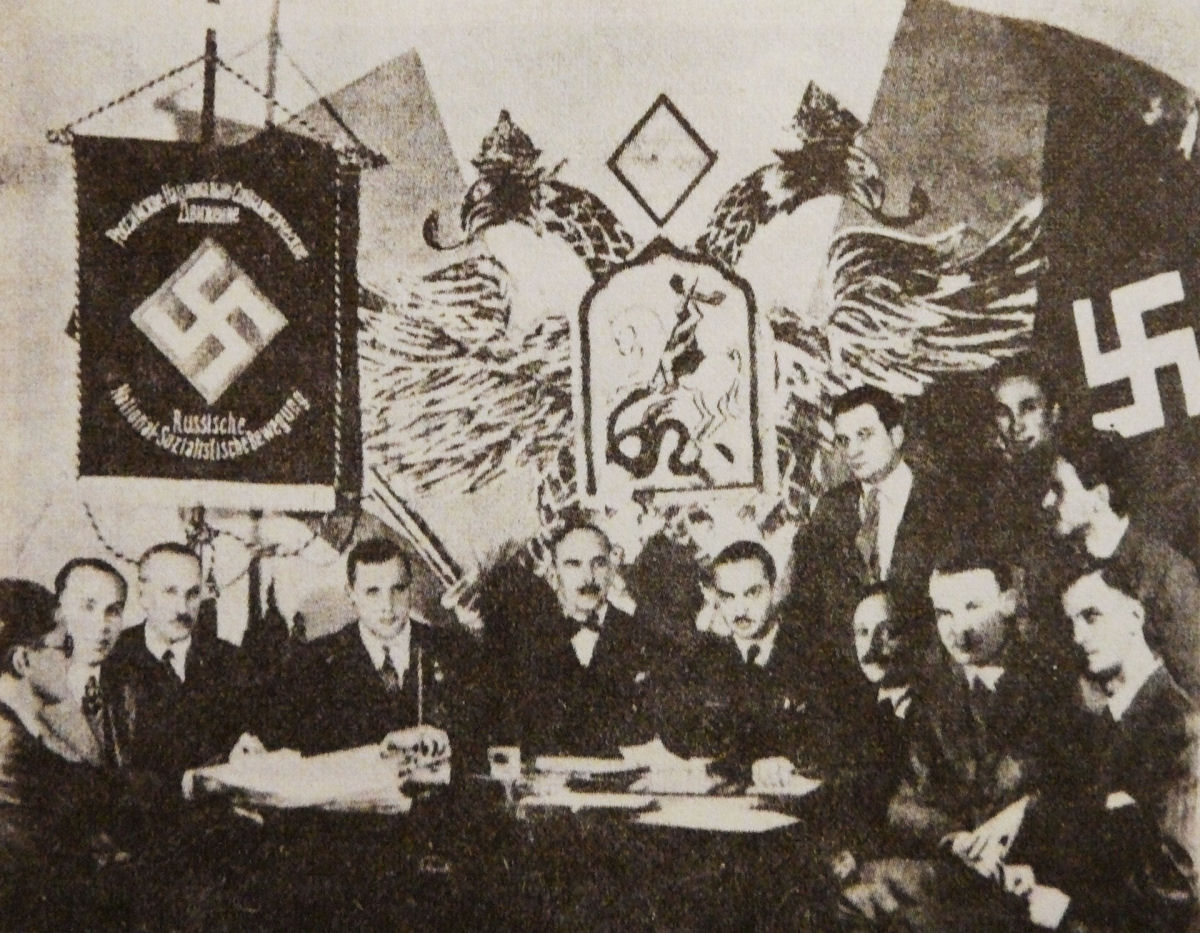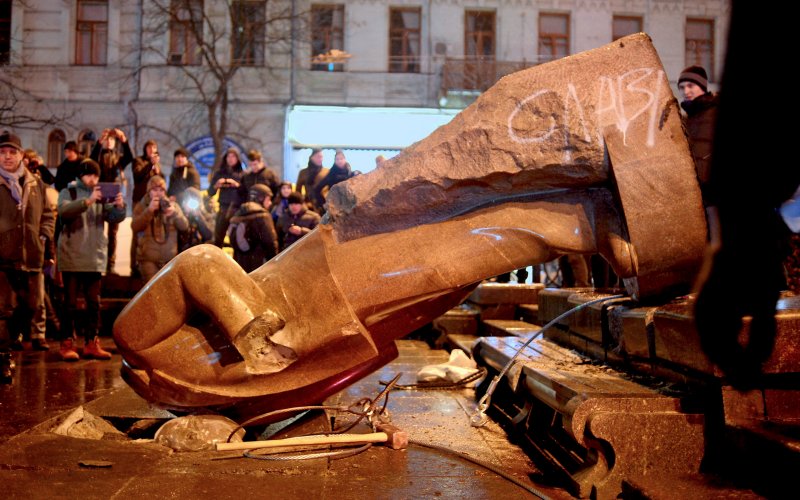Commentators in Moscow and the West ever more frequently draw parallels between Vladimir Putin’s ideas and actions and those of fascist regimes in the first part of the 20th century, but few have focused on the fact that one of the Kremlin leader’s most-cherished ideas, that of the “Russian Spring,” was invented by a Russian fascist in the 1920s.
In a blog post today, Pavel Pryannikov corrects that gap, pointing out that “the ‘Russian Spring’ in fact is not an invention of the present time” but rather that this “synthesis of fascism, Stalinism, Russian Nationalism and Orthodoxy” was invented by Aleksandr Kazem-Bek
, a leading theoretician of Russian fascism in the 1920s.
While the more familiar Eurasian movement represented the first attempt to “combine corporatist (proto-fascist) and Bolshevik ideas,” he writes, “far more popular” among White Russians were the ideas of the Young Russians (“Mladorossy”) whose intellectual leader was Aleksandr Kazem-Bek.
The descendent of an aristocratic family which came from Persia to Russia in the early 19th century, Kazem-Bek was “completely Russified.” He fought in the White Army and in 1920 at the age of 18 fled to Europe. There in 1923, he founded the Young Russia Union and served as its chief ideologist.
The group in his view was to promote “a certain new type of totalitarian monarchy, the struggle against masonry and international capital and also a life ‘full of blood, fire, and self-sacrifice.’” In Kazem-Bek’s view, Russia should have a regime like Mussolini’s in Italy but be fully committed to the promotion of “’Russianness.’”
Not only were his ideas derived from fascism, but Kazem-Bek adopted many fascist external features: a uniform, military discipline, and a cult of the leader. He insisted that the old Russia had died because of its corruption and that the Soviet revolution, which a catastrophe, was also “an apocalypse” which “cleansed” the Russian nation.
Kazem-Bek increasingly viewed Stalin as an exemplar of the kind of leader he believed Russia should have, and he insisted that what Russia needed was a combination of Russian autocracy and Bolshevism or as he put it in one of his slogans, “a tsar and soviets” at one and the same time.
His ideas attracted support among some of the Romanovs and other members of the nobility in emigration. But they and he also attracted the attention of the Soviet secret police, and by the middle 1930s, Kazem-Bek was assumed by many to be a collaborator with the NKVD, all the more so when he declared that Young Russia was a “second” Soviet party.
Throughout his émigré career, Kazem-Bek was withering in criticism of “European values.” He insisted that “Russia is not a competitor of Europe; it is its successor” and has the right to dispense with anything harmful in the European tradition. “We are not only Europeans,” he wrote; “we are Russians. That is something European chauvinists cannot forgive us for.”
After Mussolini formed his alliance with Hitler in 1939, Kazem-Bek broke with the Italian government and moved to France. By that point, his ideology could be described as “Russian Orthodox Stalinism.” After Germany occupied France, the Young Russia leader fled to the United States.
There he began to work with the Russian Orthodox Church and especially with its Moscow Patriarchate wing. And in 1957, Kazem-Bek returned to Moscow where he worked in the Moscow Patriarchate’s Department for External Church Relations, which always had close ties with the KGB and out of which the current patriarch came.
While in that job, Kazem-Bek frequently met with Patriarch Aleksii, Metropolitan Nikolay and other senior churchmen. He lived in Ministry of Defense housing. When he died in February 1977, he was buried in Peredelkino and among those who spoke at his funeral was Archpriest Nikolay Gundyayev, the elder brother of Patriarch Kirill.
At that time, Father Nikolay Gundyayev said “we must not only remember Kazem-Bek but study him.” Since the latter’s death, the Moscow Patriarchate has done so. In 2002, on the centenary of Kazem-Bek’s death, Vsevolod Chaplin was among those who took part in a conference on the Young Russia leader.
Archimandrite Tikhon (Shevkunov), who has been a spiritual advisor to Putin, is known to highly value Kazem-Bek’s ideas, Pryannikov says. And it is probably through him that the ideas of a Russian fascist of the 1920s have come to the attention and affected the thinking of the current Kremlin leader.
[hr] Cover photo: Participants tripartite conference in Berlin ( 1933 ): In the center (with a bow tie) - P. R. Bermondt-Avalov left of it - A. L. Kazem-Bek , right - A. A. Vonsiatsky





